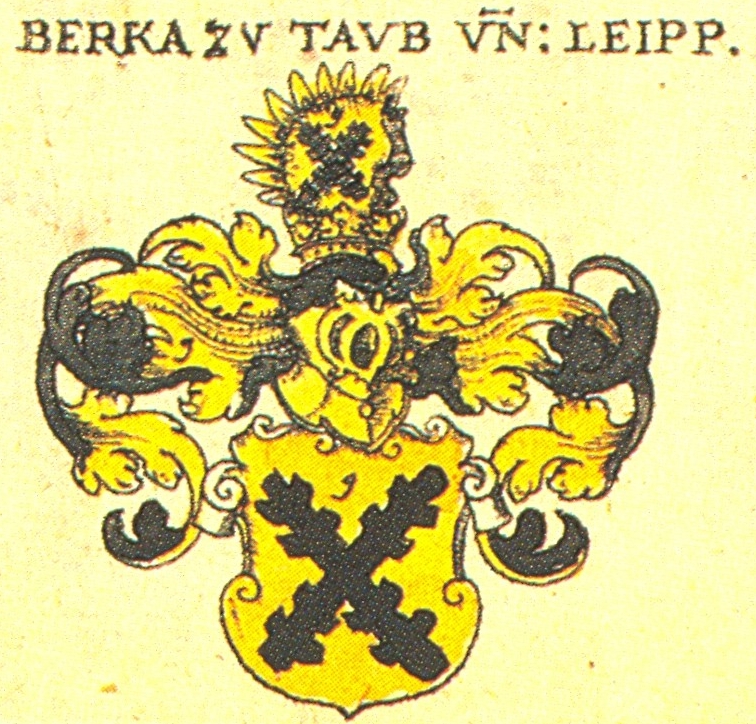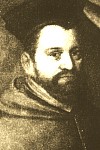|
Hynek Berka Of Dubá
Hynek Berka of Dubá (; c. 1297 – 1348) was a Bohemian knight A knight is a person granted an honorary title of a knighthood by a head of state (including the pope) or representative for service to the monarch, the church, or the country, especially in a military capacity. The concept of a knighthood ... and founder of the Berka of Dubá aristocracy line. In 1320 he had the Kokořín Castle built. Relatives * Adam Berka of Dubá * Zbyněk Berka of Dubá References 14th-century people from Bohemia {{Czech-bio-stub ... [...More Info...] [...Related Items...] OR: [Wikipedia] [Google] [Baidu] |
Bohemia
Bohemia ( ; ; ) is the westernmost and largest historical region of the Czech Republic. In a narrow, geographic sense, it roughly encompasses the territories of present-day Czechia that fall within the Elbe River's drainage basin, but historically it could also refer to a wider area consisting of the Lands of the Bohemian Crown ruled by the List of Bohemian monarchs, Bohemian kings, including Moravia and Czech Silesia, in which case the smaller region is referred to as Bohemia Proper as a means of distinction. Bohemia became a part of Great Moravia, and then an independent principality, which became a Kingdom of Bohemia, kingdom in the Holy Roman Empire. This subsequently became a part of the Habsburg monarchy and the Austrian Empire. After World War I and the establishment of an History of Czechoslovakia (1918–1938), independent Czechoslovak state, the whole of Bohemia became a part of Czechoslovakia, defying claims of the German-speaking inhabitants that regions with German ... [...More Info...] [...Related Items...] OR: [Wikipedia] [Google] [Baidu] |
Knight
A knight is a person granted an honorary title of a knighthood by a head of state (including the pope) or representative for service to the monarch, the church, or the country, especially in a military capacity. The concept of a knighthood may have been inspired by the ancient Greek '' hippeis'' (ἱππεῖς) and Roman ''equites''. In the Early Middle Ages in Western Christian Europe, knighthoods were conferred upon mounted warriors. During the High Middle Ages, a knighthood was considered a class of petty nobility. By the Late Middle Ages, the rank had become associated with the ideals of chivalry, a code of conduct for the perfect courtly Christian warrior. Often, a knight was a vassal who served as an elite fighter or a bodyguard for a lord, with payment in the form of land holdings. The lords trusted the knights, who were skilled in battle on horseback. In the Middle Ages, a knighthood was closely linked with horsemanship (and especially the joust) from its orig ... [...More Info...] [...Related Items...] OR: [Wikipedia] [Google] [Baidu] |
Berka Of Dubá
Berka of Dubá () was a cadet branch of a Bohemian noble family of Lords of Dubá established by Hynek Berka of Dubá (1249–1306). It held estates in what is today the Czech Republic and Saxony in Germany throughout the Middle Ages. Ancestors This old Czech family separated from the family of the lords of Dubé and are thus one of the lines of the :de:Ronow (Adelsgeschlecht), Ronows. The Ronows derive their origin from Smil from Tuháně from the end of the 12th century. His sons Jindřich and Častolov are mentioned in the first half of the 13th century as brothers from Tuhán and Žitava, who acquired the region in the north from the monarch. They and their sons founded other family branches, e.g. the lords of Klinštejn, the lords of Lipá, the Lichtenburks and the lords of Duba (Berkov, Adršpach, Škop). The majority of the Ronians supported the king militarily and also obtained property, titles, and important positions in the kingdom for this. As regards the Berka from D ... [...More Info...] [...Related Items...] OR: [Wikipedia] [Google] [Baidu] |
Kokořín Castle
Kokořín Castle () is a castle located in Kokořín in the Central Bohemian Region of the Czech Republic. It was built in the first half of the 14th century by order of Hynek Berka of Dubá. It was heavily damaged during the Hussite Wars and stood in ruins until the reconstruction campaign of 1911–1918. It was nationalized in 1948 and has been designated a national cultural landmark since 2001. The Kokořínsko – Máchův kraj Protected Landscape Area takes its name from this castle. History In 1426, Hussite troops captured and destroyed the castle. After the Hussite Wars, the castle often changed owners (in the 15th century, Řitka from Bezdědice and the Klinštějns, in the 16th century, the Beřkov family from Šebířov and Kaplířová). Since 1544 it was listed as deserted.Dvořáček, P.: Putování po hradech a zámcích, Olomouc 2000, p. 92. Its fate was made even worse by the decision of Emperor Ferdinand II to classify it among the so-called ''cursed castles'', i ... [...More Info...] [...Related Items...] OR: [Wikipedia] [Google] [Baidu] |
Adam Berka Of Dubá
Adam is the name given in Genesis 1–5 to the first human. Adam is the first human-being aware of God, and features as such in various belief systems (including Judaism, Christianity, Gnosticism and Islam). According to Christianity, Adam sinned in the Garden of Eden by eating from the tree of the knowledge of good and evil. This action introduced death and sin into the world. This sinful nature infected all his descendants, and led humanity to be expelled from the Garden. Only through the crucifixion of Jesus, humanity can be redeemed. In Islam, Adam is considered ''Khalifa'' (خليفة) (successor) on earth. This is understood to mean either that he is God's deputy, the initiation of a new cycle of sentient life on earth, or both. Similar to the Biblical account, the Quran has Adam placed in a garden where he sins by taking from the Tree of Immortality, so loses his abode in the garden. When Adam repents from his sin, he is forgiven by God. This is seen as a guidance for h ... [...More Info...] [...Related Items...] OR: [Wikipedia] [Google] [Baidu] |
Zbyněk Berka Of Dubá
Zbyněk Berka of Dubá (; 1551 – 6 March 1606) was a Catholic cleric, cardinal and the tenth Archbishop of Prague. He was member of the Berka of Dubá family. He was grand master of the religious order of Knights of the Cross with the Red Star. Biography Zbyněk Berka of Dubá was born in Dřevěnice in 1551, the son of Zdeněk Berka of Dubá and his wife Katharina Haugwitz. Being born into the House of Berka of Dubá, he was a member of the Bohemian nobility. He was educated with the Jesuits at Prague and Olomouc. He then attended the University of Kraków, where he received a licentiate in theology. Next, he studied at the University of Ingolstadt, receiving a doctorate in theology. He was ordained as a priest in Prague in 1574. Shortly thereafter, he became a canon of Salzburg Cathedral, St. Vitus Cathedral, Stará Boleslav Cathedral, Olomouc Cathedral, Litoměřice Cathedral, Regensburg Cathedral, and Oetting Cathedral. In 1574, he became provost of the Basilica of S ... [...More Info...] [...Related Items...] OR: [Wikipedia] [Google] [Baidu] |





